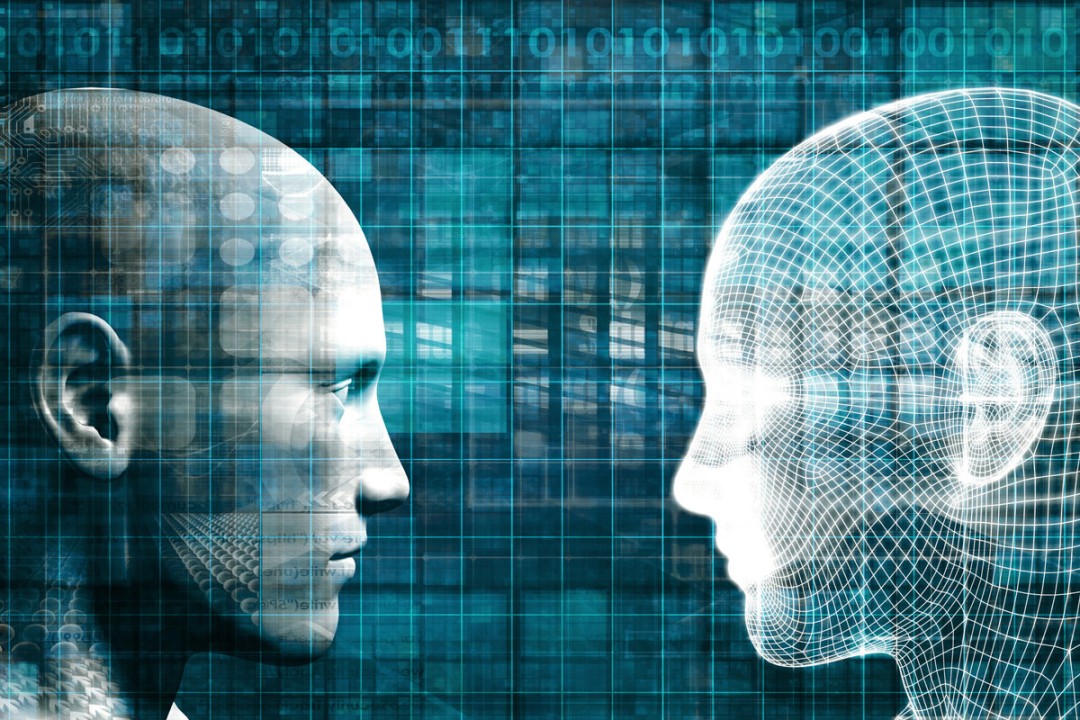If there ever was a more revolutionary discovery in Computer Science, it has to be Artificial Intelligence (AI). It has presented countless opportunities in Academia and Research, with Scientists and IT practitioners discovering innovative ways to use this new-age technology to benefit society. It is implemented across industries and use cases to make lives easier and businesses more competitive. At the same time, Researchers are actively researching ways AI technologies can help the future of humans and an increasingly over-populated world facing food and water scarcity.
As an IT discipline, AI presents tremendous opportunities for the wannabe AI Professional or Engineer. The 24/7 connected data streams on social media and the Internet power AI with massive training data. The IT professional who wants to pursue an MS in AI can not only choose between academia and business but also have the opportunity to dive deep into domains like Data Science.
Why is Artificial Intelligence (AI) Important?
As a technology, AI helps increase the speed and precision of human efforts. It identifies trends and patterns that humans miss. And it uses historical data to train the model and work without human intervention.
Research and Development in AI technologies like deep neural networks and machine learning have been very advanced. So we find its implementation across most industries, both customer-facing website chatbots and business use, such as fraud detection in banks. AI is also being used to save lives: in healthcare application scenarios such as cancer detection and vaccine development. AI implementation leads to benefits like improved patient diagnosis and treatment, more informed health policies, and research for giving a better life to humans.
<iframe width=”560″ height=”315″ src=”https://www.youtube.com/embed/wTbrk0suwbg” title=”YouTube video player” frameborder=”0″ allow=”accelerometer; autoplay; clipboard-write; encrypted-media; gyroscope; picture-in-picture” allowfullscreen></iframe>
The Business Insider Intelligence’s 2022 report found that more than half of financial services companies use AI solutions for risk management solutions and revenue stream generation. The reports stated that AI use in Banking resulted in more than $400 billion in savings. In financial institutions, AI techniques help identify which transactions are likely to be fraudulent, accurate credit scoring, and automate manually intense tasks like KYC onboarding.
However, its intelligent applications are being used for a competitive edge and the benefit of humans.
Its significance arises from the fact that AI is all-pervasive and present in every aspect of society: on your Internet activities, in your smart homes, in your OTT and video-watching habits, in email management, the cybersecurity systems protecting your data and computers from breaches, and much more.
You can no longer escape that AI is present in your everyday life and managing most of your automated tasks, often without your active knowledge. Thus, it raises concerns about the future, whether AI will become too penetrating or begin taking over our lives. While this may be a far-fetched argument, it is nevertheless an inescapable fact that AI is here to stay. And its industry applications are on the increase every day.
What is Artificial intelligence (AI), and what is its role in Society?
Artificial Intelligence (AI) is a set of tools that simulate human intelligence to substitute or simplify human tasks.
The technology has witnessed one of the fastest growths in any Computer Science field, riding on the back of the exponential growth of data, known as Big Data. This Big Data fuels AI algorithms with large training data sets that train the model. The unprecedented size, scale, and variety of datasets have added fillip to the research and development of AI technologies that require massive amounts of training data for advancement. AI technologies like machine learning, deep learning, and artificial neural networks have dived deep into every aspect of daily life and businesses for cutting-edge breakthroughs in AI.
The best example of AI’s role in society is the Internet. Users on the Web are there to search content, post comments, and interact in various formats, from videos to pictures and texts. They use the Internet to access emails, chat with service providers, order goods online, and access applications. AI chatbots use datasets of human conversations, apply Natural Language Processing techniques and machine learning to understand and learn iteratively and come up with appropriate responses. AI technologies learn intuitively from user behavior on the Internet to make valid recommendations and provide recommendations. As it uses more and more data, AI becomes more powerful, with the ability to simulate human intelligence. You no longer have to look for which video to watch; YouTube automatically recommends movies and series that mirror your choices.
The Future of Humans in an AI-driven landscape
The key challenge AI now faces today is finding relevant insights from the abundance of data collected. Although AI can notice patterns even in large data sets, it must be trained to recognize the relevant information. That is why, often, when you log into your favorite OTT channel, you may need clarification on recommendations that are just not your cup of tea. On the other hand, the power of AI lies in using a large variety of datasets. So while AI may consider patterns in an individual’s movie-watching preferences, when it syncs it with his Internet and YouTube behavior and social media activities, it obtains a more wholesome picture of the user and his movie preferences. What we are looking at is a sync of all online activity for superior AI implementation. Social media platforms like Facebook, Twitter, and Instagram are powerful data platforms that help identify an individual’s personality traits more accurately.
The adoption of AI technology is no longer mundane or trivial. Researchers have trained computer models to prevent cyber attacks, online fraud and crime, detect lies, identify and remove spurious substances in food grains, and more.
AI-driven video games that simulate real-life situations and battlefields are playgrounds for the real action out there. So your son’s favorite video game that suggests what snacks to serve the customer may just be replicated in an actual restaurant. And the war video game does actual role-playing on the battlefield, where AI, in combination with satellite technologies, identifies and destroys targets.
Bottom line
Man has begun to fear the rise of the machine as it becomes smart and more intelligent. But as AI and machine learning changes our world, humanity need not be afraid because the implementation still lies much in the hands of humans.
With a constant generation of Big Data, it is equally important to continuously retrain AI and include as much variety in the datasets for more refined models that truly simulate human intelligence. At the same time, it is critical that AI technologies not be used for fraudulent activities, such as identity theft or intrusion into personal space, without the knowledge or permission of an individual.




Be First to Comment